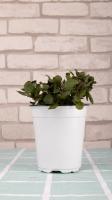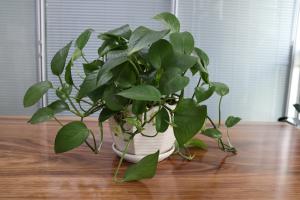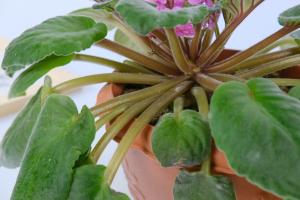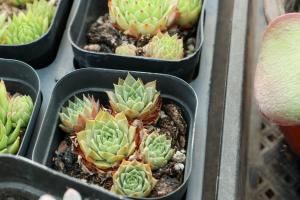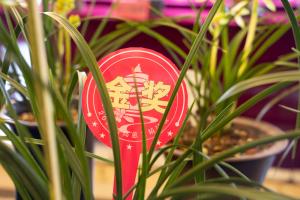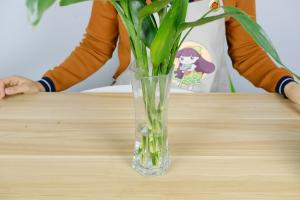Is Algae Water Good for Plants?
Algae water, also known as algae-rich water, has been gaining popularity as an organic fertilizer for plants. But is it really effective or just another gardening myth?
What is Algae Water?
Algae water is created by soaking algae, such as seaweed or kelp, in water. The algae releases nutrients and minerals into the water, creating a nutrient-rich solution that can be used as a fertilizer for plants. The resulting water is also rich in beneficial bacteria, which can help to improve soil health.
The Benefits of Algae Water for Plants
Using algae water as a fertilizer for plants has several benefits. Firstly, it is an organic and natural way to provide plants with essential nutrients. Unlike synthetic fertilizers, algae water contains a range of nutrients, including nitrogen, potassium, phosphorus, calcium, and magnesium. Secondly, the beneficial bacteria in the water can help to improve soil health, promoting root growth and nutrient uptake. Lastly, using algae water can help to reduce the amount of waste produced by the agricultural industry, as it can be made from discarded seaweed or kelp.
How to Use Algae Water on Plants
Algae water is typically used as a foliar spray or soil drench. To make your own algae water, soak a handful of dried seaweed or kelp in a bucket of water for several days. Once the water has turned a dark brown color, strain out the seaweed or kelp and use the resulting water to water your plants or spray on their leaves. Alternatively, you can purchase pre-made algae water products from gardening retailers.
The Drawbacks of Using Algae Water
While algae water has many benefits, there are some potential drawbacks to its use. Firstly, it can be difficult to control the nutrient levels, as the amount of nutrients released by the algae can vary depending on the type of algae used and the conditions in which it was grown. This can lead to over-fertilization or under-fertilization of plants, which can have negative consequences on their health. Secondly, algae water can contain high levels of salt, which can be harmful to plants if used in excess. Lastly, there is a risk of introducing pathogens into the soil if the algae water is not properly sterilized.
Conclusion
Overall, algae water can be a useful and natural way to fertilize plants and promote soil health. However, it is important to be aware of the potential drawbacks and use it in moderation to ensure the best results for your plants. As with any fertilization method, it is always recommended to test a small area of plants first to ensure that they respond positively to the treatment.

 how many times do yo...
how many times do yo... how many planted tre...
how many planted tre... how many pine trees ...
how many pine trees ... how many pecan trees...
how many pecan trees... how many plants comp...
how many plants comp... how many plants can ...
how many plants can ... how many plants and ...
how many plants and ... how many pepper plan...
how many pepper plan...